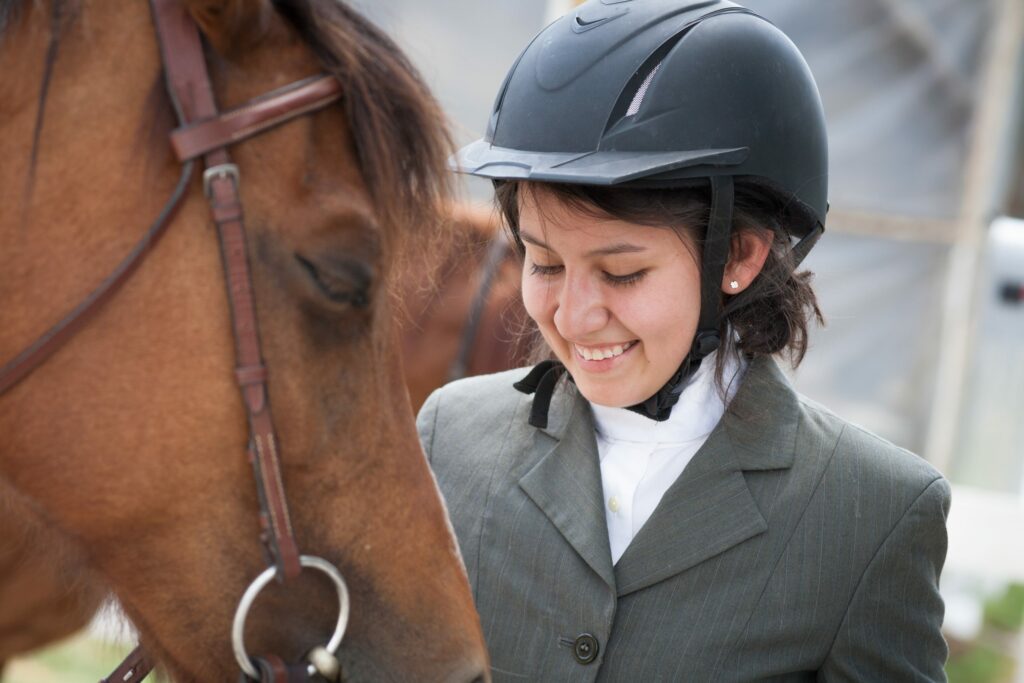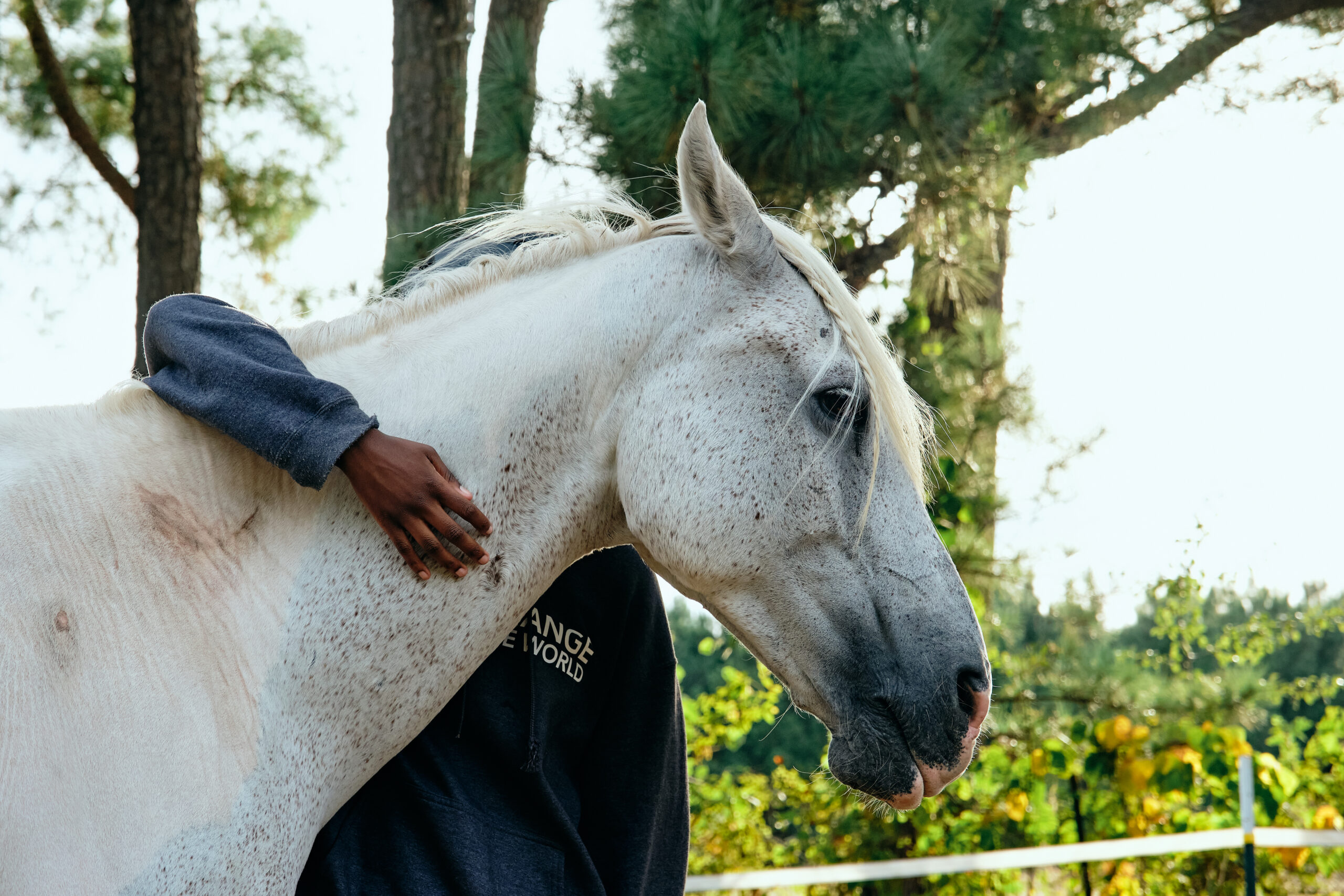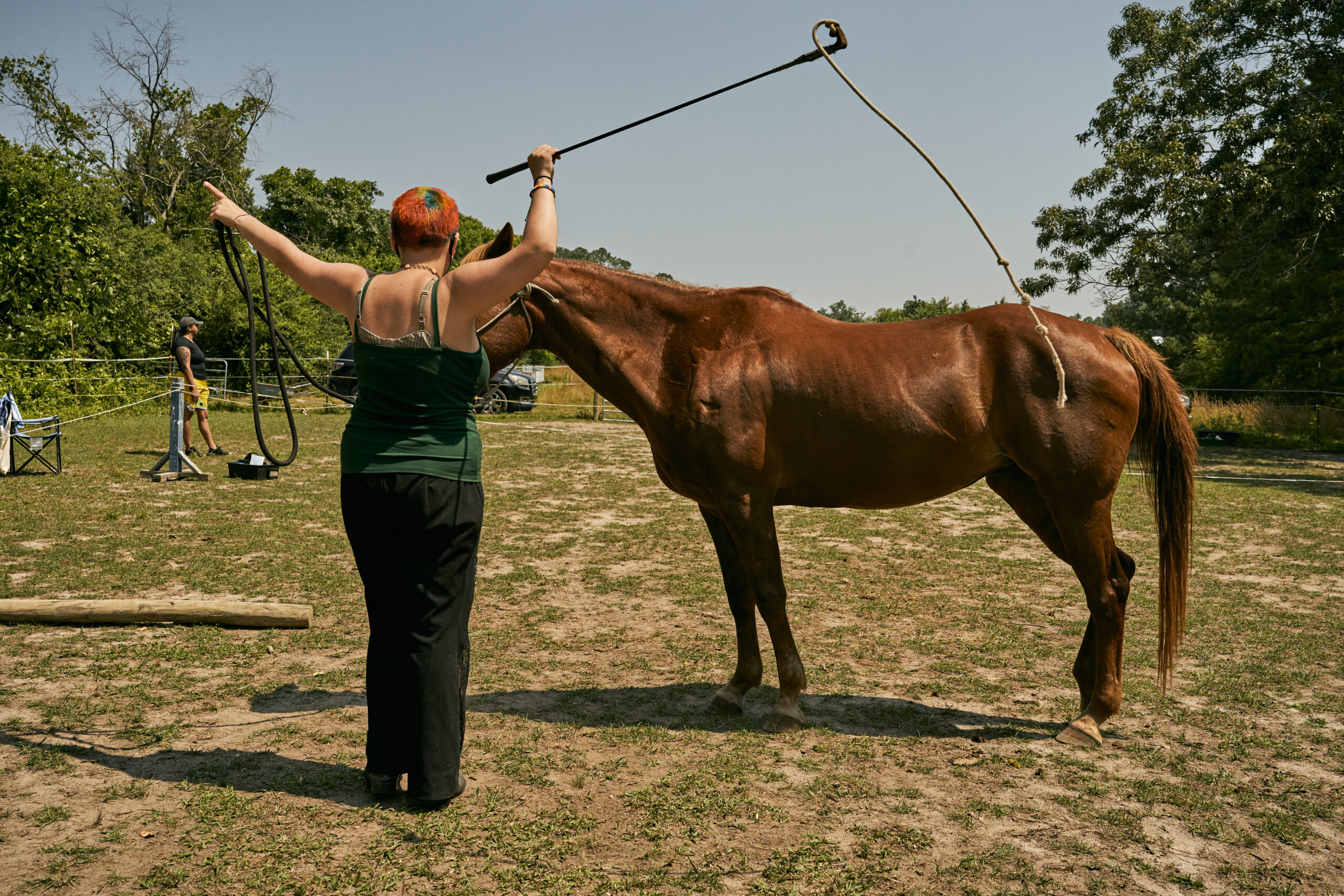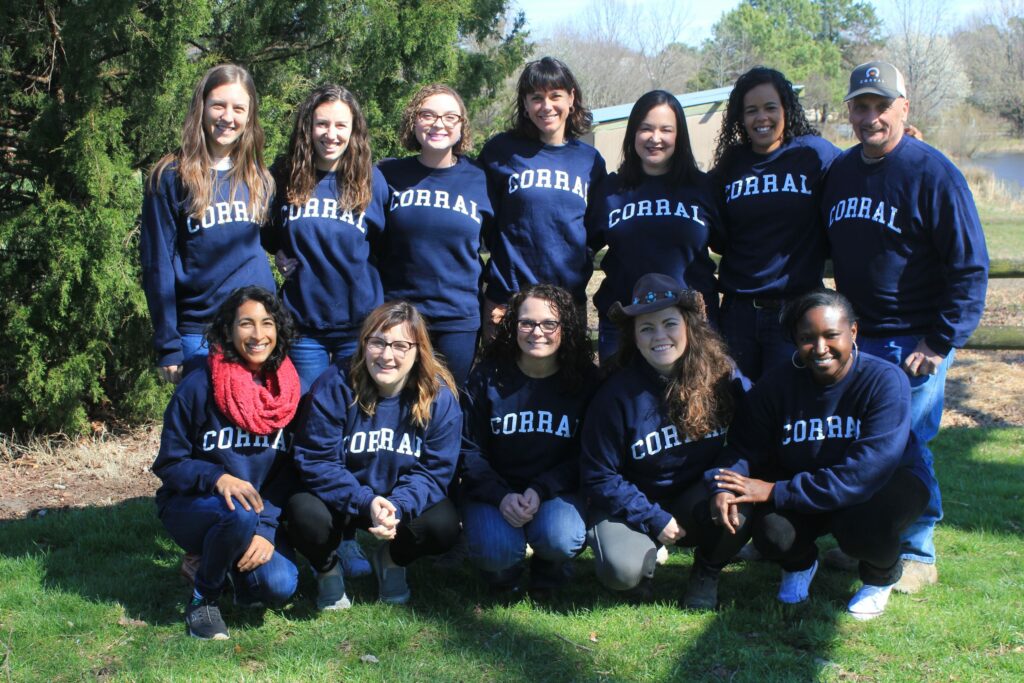The pandemic has disproportionately affected Latinx communities both nationally and in the Triangle. In a previous blog post, we discussed how systemic racism has contributed to this disparity, leaving Latinx people three times as likely as white people to become infected with COVID-19 and also almost twice as likely to die from it.
The Latinx community has faced particular challenges that have also contributed to these rates. For example, many Latinx people haven’t had the option of staying home and working remotely. In some cases, restaurants and other industries where many find work, such as meat-processing plants and construction, have lacked appropriate measures to prevent disease spread on the job. The language barrier has also been a key factor in the community’s vulnerability. The state government has had to expand its staff of bilingual professionals to offer public health information on its website in Spanish and to communicate with recent immigrants.
The consequences of the pandemic within the Latinx community cannot be calculated in case counts and deaths alone. Lost jobs, particularly in the service industry, and a loss of free school meals in some locations have led to food insecurity for many families. A lack of computer and internet access at home has also caused a digital divide in education, meaning a growing gap in educational attainment between students who can participate in school from home and those who cannot. In addition, families without English-speaking adults at home are often unable to assist their children with schoolwork during virtual learning.
At CORRAL, we recognized that to best serve our girls—many of whom are Latinx—through this challenging time, we needed to broaden our services to offer assistance to their families, as well. Realizing that parent participation bolsters the success of our girls, we have incorporated parent goal setting into our program. Several of our Latinx girls’ parents don’t speak English, but thankfully, we have a CORRAL champion who has helped break the language barrier by serving as a translator.
When we began dialogues with our girls’ families about their needs, we learned that many of their experiences mirrored the statistics we were reading; their primary concerns included food insecurity and the digital divide causing their girls to fall behind in school. With this information, we worked to adapt our programming. To address food insecurity for the families of our girls this spring, the CORRAL community came together to provide them with groceries, as well as diapers and gas cards. We have continued to provide meals for our girls while they are at the farm. We are addressing the digital divide in numerous ways, as well. When schools closed in the spring, we helped to provide hotspots and other technology for families in need, so their girls could learn from home. We continued our own programming virtually.
We also offered a nine-week summer remediation program to prevent our girls from falling further behind. As a result, they grew an average of three grade levels in their reading skills.
This fall, we have developed Homeschool Pods for our Riding Academy girls and increased our services from 14 to 40 hours per week for each girl. In doing so, we provide not only the technology and technological support they require to keep up with their school work virtually, but also the supervision and tutoring that allow them to thrive. In addition, the Homeschool Pods permit their parents to go to work without worrying that their girls will suffer academically.
Please join us as we continue to adapt our programming to best meet the needs of our girls and their families during the pandemic and beyond. If you speak Spanish and would like to serve as a translator, please join us for our next farm day on October 8th where we’ll share more about our mission and this volunteer role.





